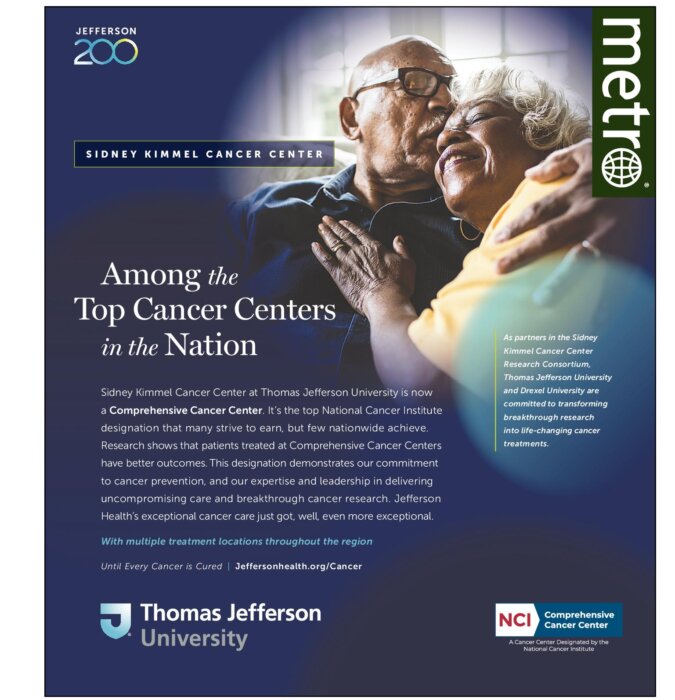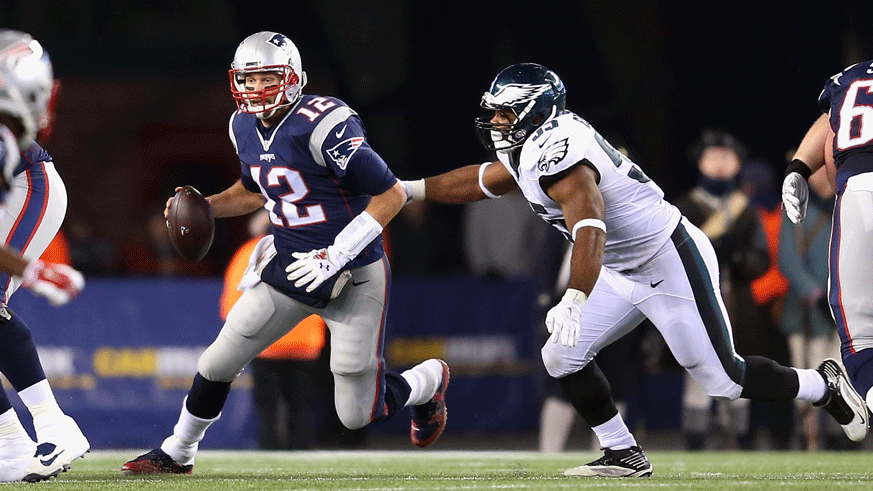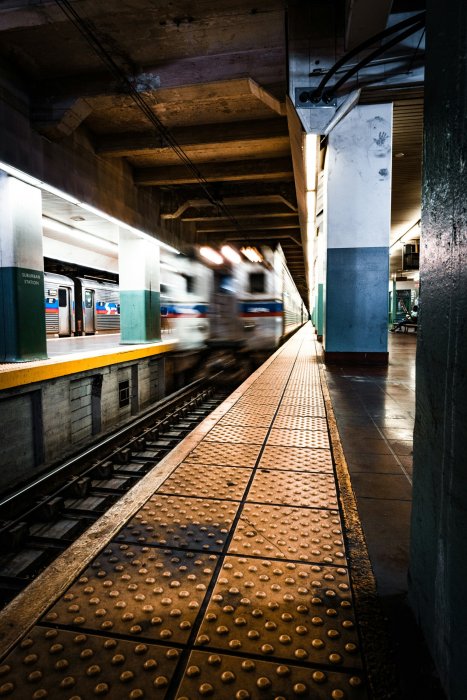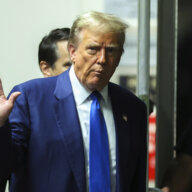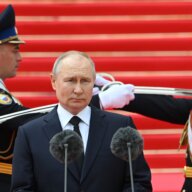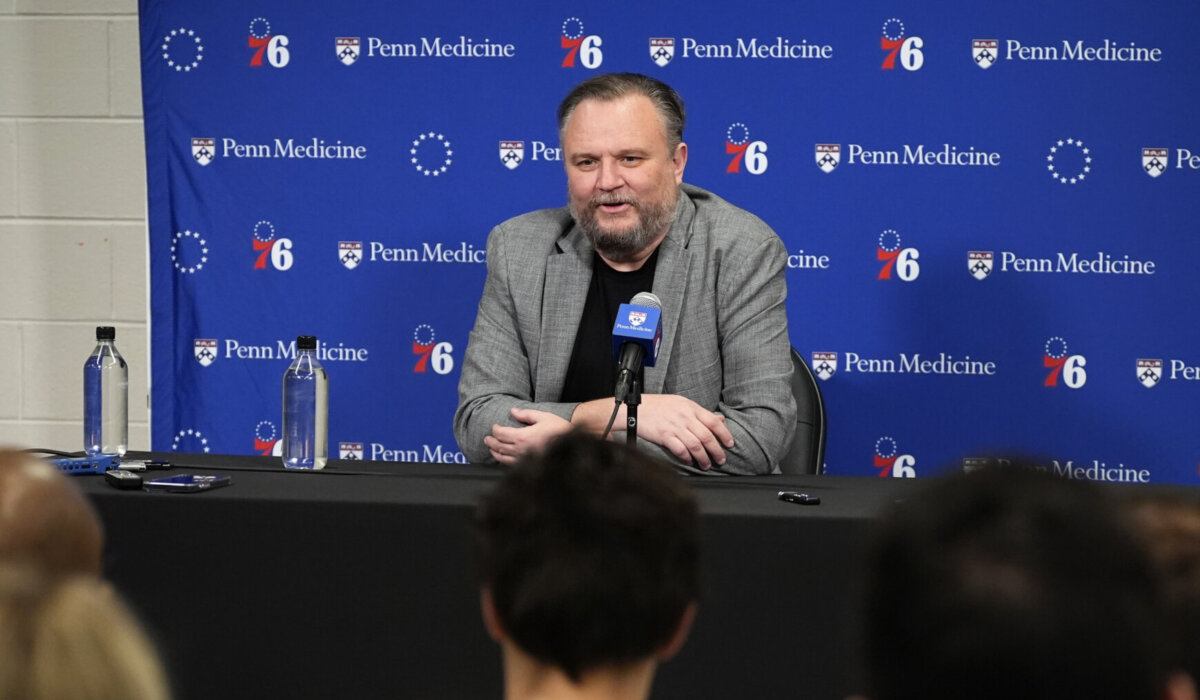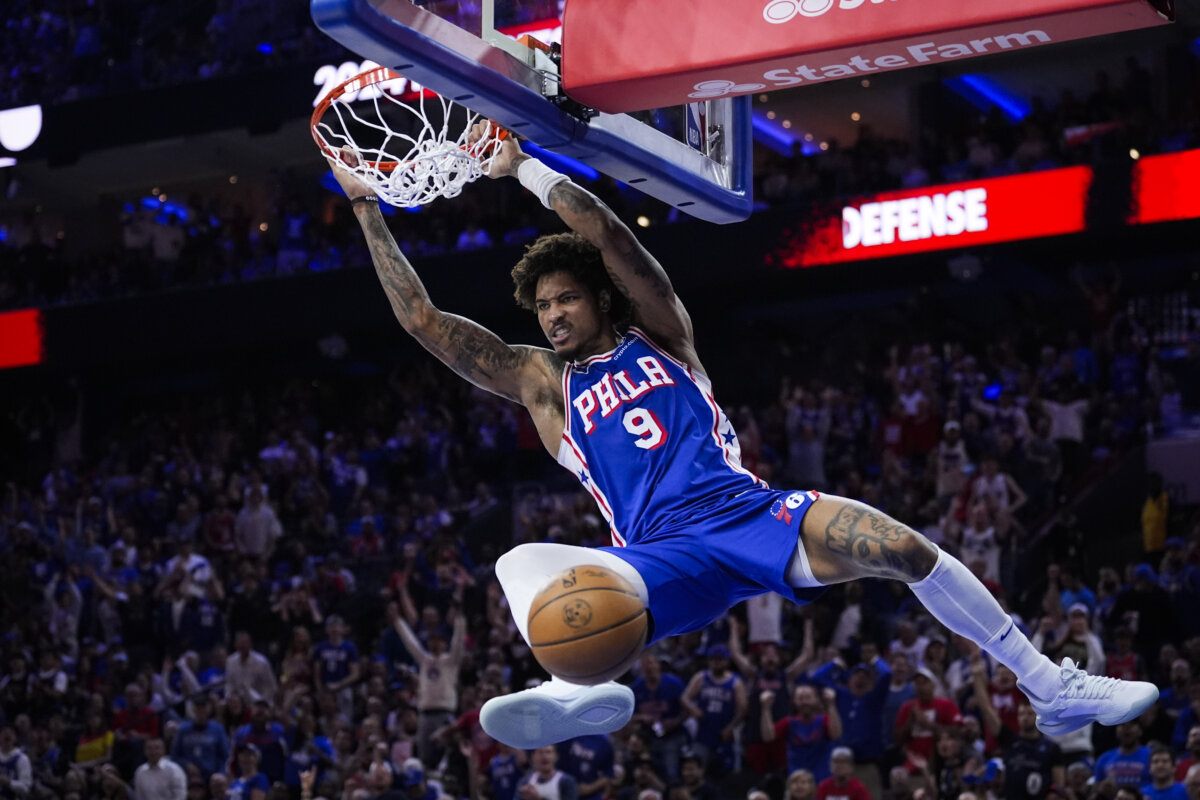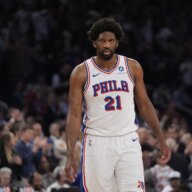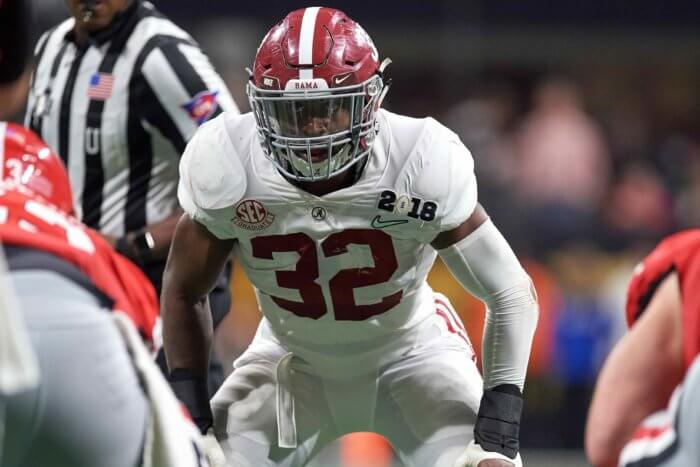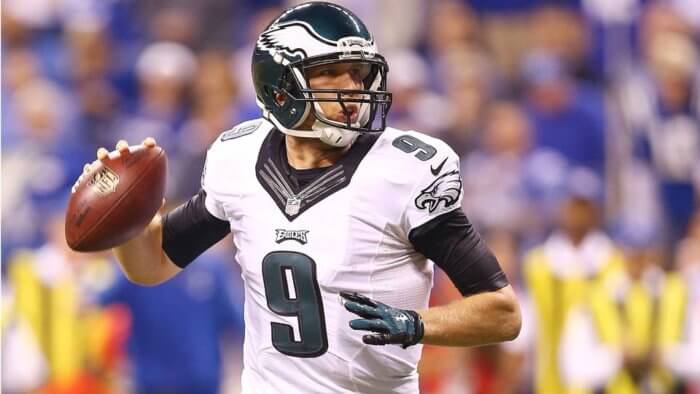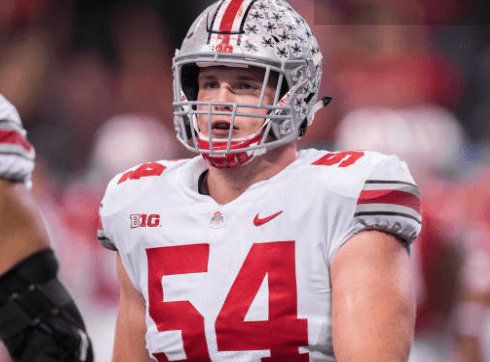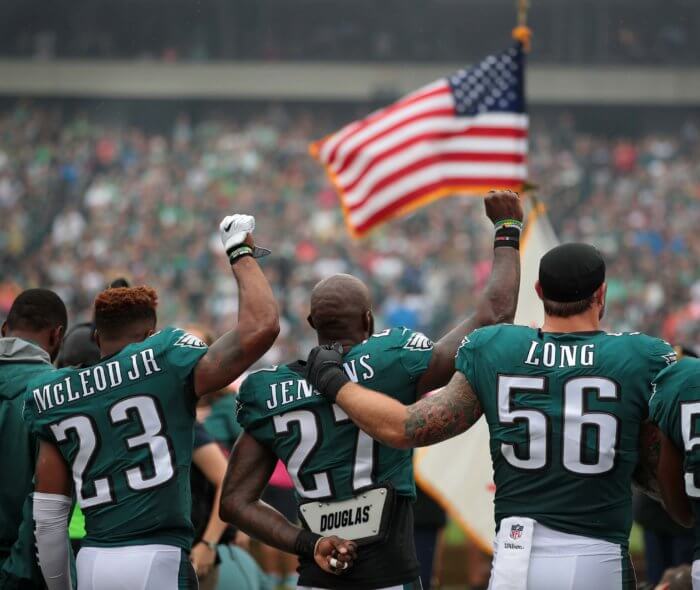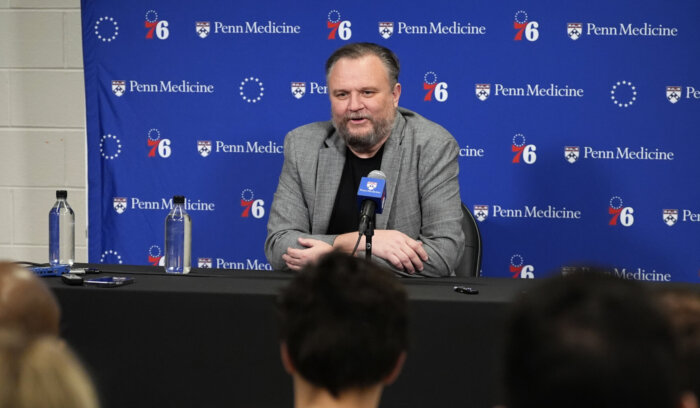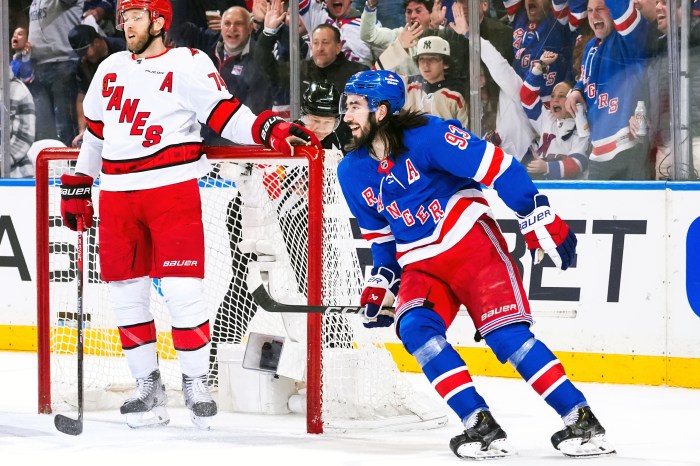The NFL is a copycat league. That’s why the Patriots almost shed both coordinators once again this off-season. It’s why Seattle’s defensive schemes found their way across conferences and the country, and it’s why you can expect to see the rest of the league looking a little bit more like the Eagles in the coming years. These traits of the 2018 Super Bowl Champions in particular are sure to be in vogue.
Aggressive playcalling
The Eagles didn’t need a 28-3 lead to hold off the Patriots in the Super Bowl because they never changed the way they played. They didn’t let the moment, or perhaps more importantly, their opponents, change what they’d been doing all season.
The clearest example is the play that seems to be on the fast track to becoming one of the most legendary in Super Bowl history: the reverse pass to Nick Foles for Philadelphia’s second touchdown. Or, as Foles referred to it “Philly Philly.” Doug Pederson’s split-second decision to roll with his quarterbacks request on fourth-and-goal in the Super Bowl was just what Pederson has been since arriving in Philadelphia: aggressive.
Mostly, it manifests itself in the team leading the NFL in fourth down attempts (and conversions) over the two seasons of Pederson’s reign in Philadelphia. The Eagles have gotten better at it too: in 2016 they converted 13 of 27 tries. By their Super Bowl season that number was up to 17-for-26 and a perfect three for three in the postseason.
Partially it’s analytics pushing the benefits of a more aggressive stance, and partially it’s Pederson showing his belief in his players and their style. Teams might try to replicate the Eagles confidence, but it remains to be seen if they can replicate the Eagles success.
The back-up quarterback
The quarterback who starred on that reverse began the season on the sidelines. He was a ghost in the pre-season while injured and held a clip board until Carson Wentz was injured in December. But the Eagles remained true to their belief in Foles the entire time, and it paid off historically.
The Eagles have been dedicating significant resources to the quarterback position for a while now: predating both Foles (at, least, predating his current deal) and Wentz. Just before drafting Wentz and just after extending Sam Bradford to a $36 million deal the Eagles spent another $21 million to bring in Chase Daniel. The following off-season they ate part of Daniel’s contract to move on from him and take on Nick Foles at another five-and-a-half million a year.
If not completely insane, the deals certainly seemed to be a reckless allocation of cap space at the time they were done, and several questioned who exactly the Eagles were bidding against for Daniel, a career backup, and Foles, who had just lost his roster spot in two cities. It turned out to be the height of caution.
The Eagles built a team that could survive losing an MVP candidate at quarterback, and then planned for that eventuality. The same hasn’t held true across the league. For an honest look at what teams expect if — heaven forbid — their star quarterback goes down cast your eyes at Green Bay in 2017, or the mire the Colts have been stuck in for three years.
Between a particularly nasty season for injuries to star players just in the books, concussion rules keeping players from re-entering games, and quarterbacks being asked to feature more in the running game, teams could easily follow the Eagles example. But in a league where it seems difficult to find even 32 starting caliber quarterbacks, asking for 64 might be quite a stretch.
The front seven
A term normally applied to the defensive line and linebackers, but for the Eagles refers solely to their line. Fletcher Cox, Brandon Graham, Tim Jernigan, and Chris Long would be a formidable group on their own. But throw in Vinny Curry, Derek Barnett, and Beau Allen, and you have a truly memorable corps.
They were noticeable enough to gain Bill Belichick’s praise (along with the rest of the football world) leading up to the Super Bowl. While they didn’t reach Tom Brady until the second-to-last Patriots drive of Sunday night, their ability to sack and more particularly pressure quarterbacks without relying on blitzing is what got the Eagles to the Super Bowl in the first place.
It seemed like overkill during the off-season: Long coming here seeking more playing time than he would have in New England and spending a first-round pick on a position of strength. The Eagles had already had to devote a huge part of their payroll to the position to extend their in-house stars.
But adding fresh bodies allowed Graham and Cox to drop their percentage of snaps played from about 75 each in 2016 to 64 and 58 respectively this season without losing any production. While other teams were running out of gas in January, the Eagles defense was just hitting its stride.
Roster building via trade
Jernigan. Ronald Darby. Jay Ajayi. All three came to Philadelphia for the collective price of Jordan Matthews, one third-round pick, one fourth-round pick, and a drop down the third-round of the 2017 draft. During the Super Bowl, Darby was on the field for all 76 defensive snaps, Jernigan saw half of them, and Ajayi led the Eagles trifecta in playing time out of the backfield.
That’s a pretty good return on investment, and a pretty sizable piece of the roster constructed via trades. A superstar might change teams from time to time: see Randy Moss joining the 2007 Patriots. Philadelphians were more used to that type of trade (RIP LeSean McCoy) or the irrelevance-for-irrelevance swaps that sent Dennis Kelly to Tennessee in exchange for Dorial Green-Beckham.
What they got this time was three burgeoning stars out of favor with their former regimes still on rookie contracts favorable for the cap-strapped Eagles. Jernigan has already been nailed down to a long-term deal and Darby and Ajayi look like the future at their position with Patrick Robinson and LeGarrette Blount possible cap casualties.
Teams usually keep a tight grip on their draft picks, but Howie Roseman’s openness to sending them out of town – and his special ability to recoup picks for players like Matt Tobin, Allen Barbre, and Jon Dorenbos – might soon become more common across the league.
